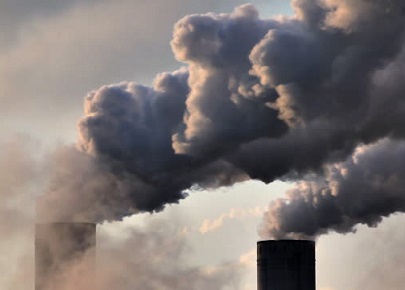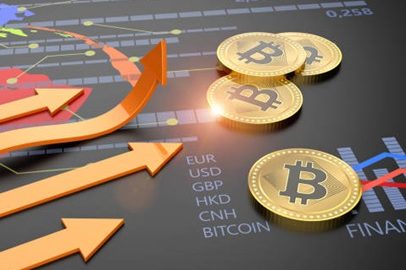Carbon Credit Scams: Protecting the Environment Can Be Costly

Mother nature is one of mankind’s biggest concerns nowadays. Researchers throughout the world have been warning about the consequences that industry is having over our natural resources. The media is constantly firing off information regarding environmental issues, climate change and the crisis that is expected to come due to the destruction of natural habitats and the everyday more evident lack of basic resources, such as clean water. Thousands of regulations, treaties, and agreements are signed every day around the globe to protect the environment. Carbon credit and environment causes are big news and big business. It’s no wonder that even criminals are trying to cash in on the market.
Even those who believe that climate change is a hoax have taken some kind of action, basically because people like environmentally friendly products, and it attracts sales. Whatever your position is on the topic, there is one thing for sure that you need to know: not everyone is here to help.
Carbon-credits were created as an economic response to mitigate climate change. A carbon credit is a ton of carbon dioxide that is not going to be in the atmosphere anymore, either because it has been removed by planting trees that absorb it, or because it has been avoided (gas emissions that have been avoided or reduced and replaced through green technologies). The concept of carbon trade is fairly new, and many investors still do not know how it works. It can be hard to verify what is real and what is not. After all helping others online can be dangerous so do your homework and be skeptical.
There are two types of carbon markets: the voluntary market and the compliance market. Under the compliance market, the projects are operated under the United Nations. This reduces the chances of fraud. Under the voluntary market, carbon credits are generated by projects that are accredited to independent international standards such as the Verified Carbon Standard (VCS).
Philippines investigators say the problem lays is in the phony projects that claim to be part of the voluntary market. Carbon trade is a billion dollar industry, and when there´s a good amount of money, there will be some scamming for sure. Fake websites and companies have been set up to fool and attract potential investors. Those hoping to make a difference often end up a victim of fraud.
One of the schemes that fraudsters have used is to sell certificates of inexistent forestation projects in the Philippines. Since so many companies are trying to compensate their greenhouse emissions, forestation projects have become popular and lucrative, but no one really cares to verify where they are, or if they even exist. For any kind of trade in the Philippines or elsewhere, international due diligence is essential to make sure you’re investing in a legitimate project, and not just losing money.
Another recent scam involving carbon trade was the selling of carbon-credits as shares or bonds to small investors –mainly older people- promising big returns for trading permits that offer corporations the right to emit one tons of carbon dioxide. The truth is that those certificates were worthless, and they left many people without their life savings. If it seems too good to be true, it probably is.
Carbon-credit scams are a big trouble, not only because of the fraud involved but because it scares away those investors who were willing to put money into an ethical issue, to try to help the environment. Next time you think green, get a background check investigation to verify who you are dealing with! Never be pressured into investing in any project, regardless of the claimed good cause.
C. Wright
© 2014 Philippine PI
![]()
© Copyright 2014 Philippine PI. All Rights Reserved. This content is the property of Philippine PI, LLC and is protected by United States of America and international copyright laws.













